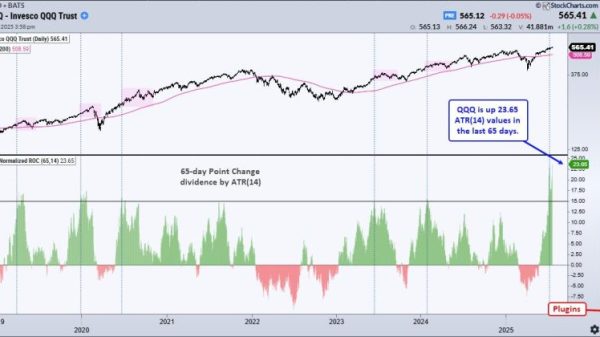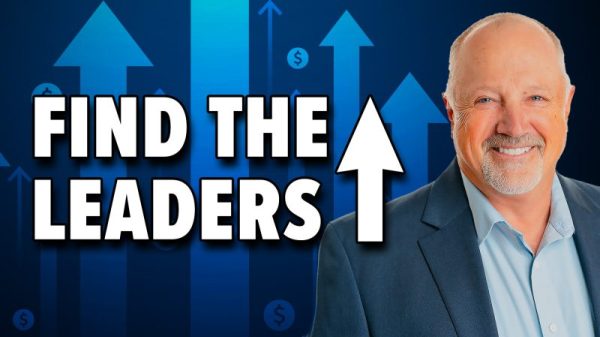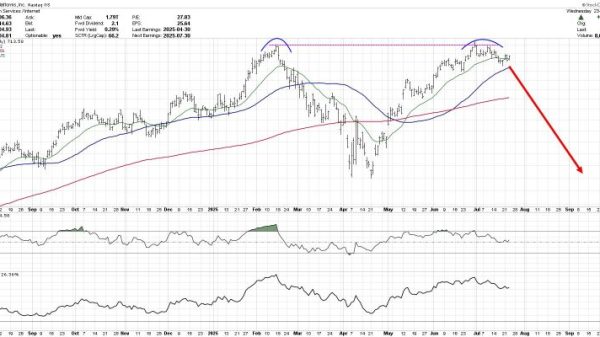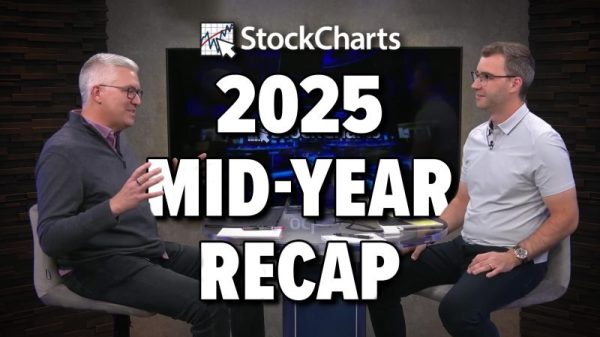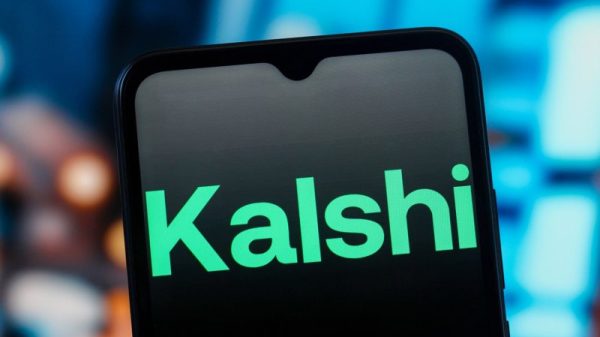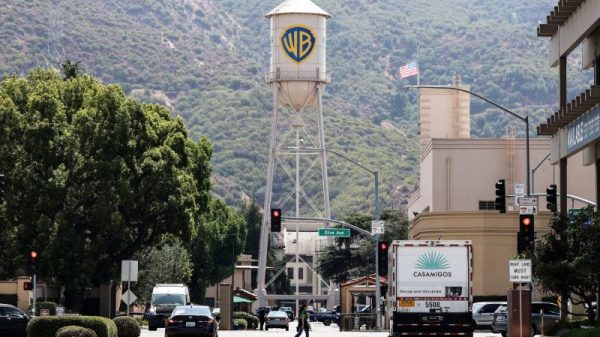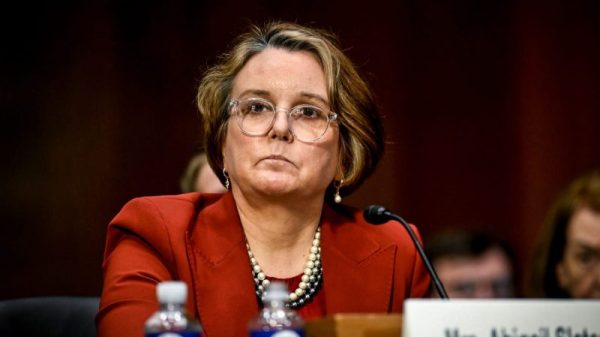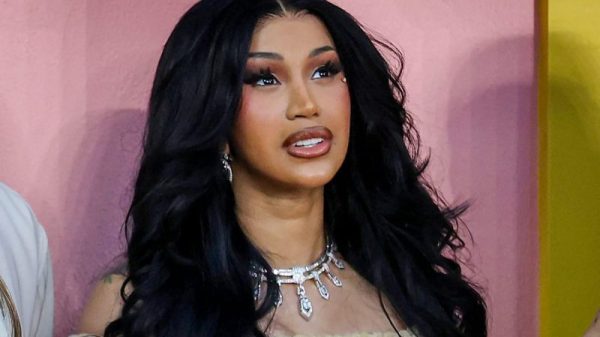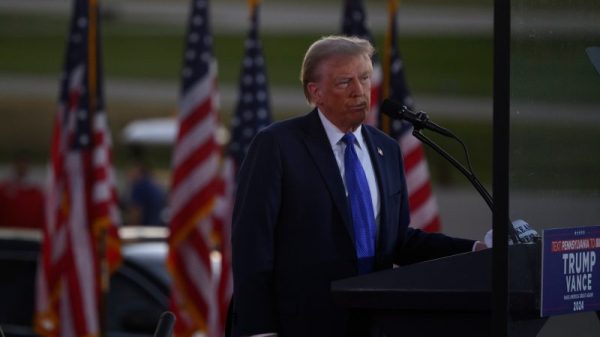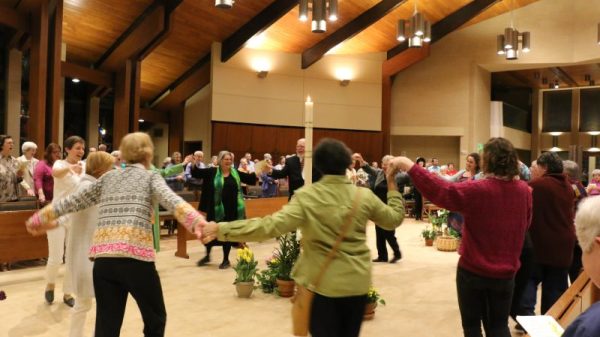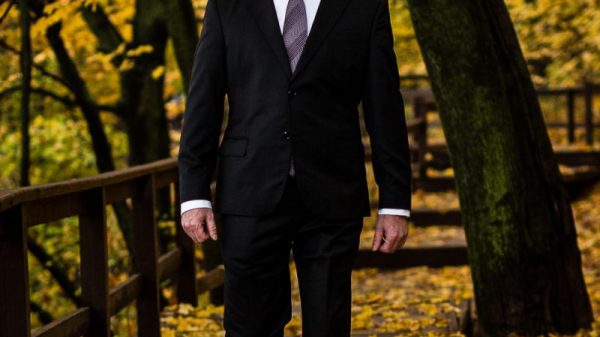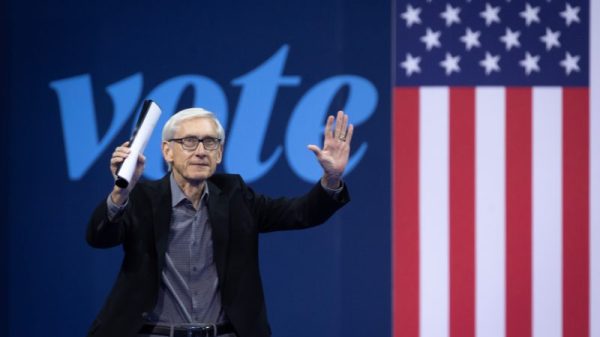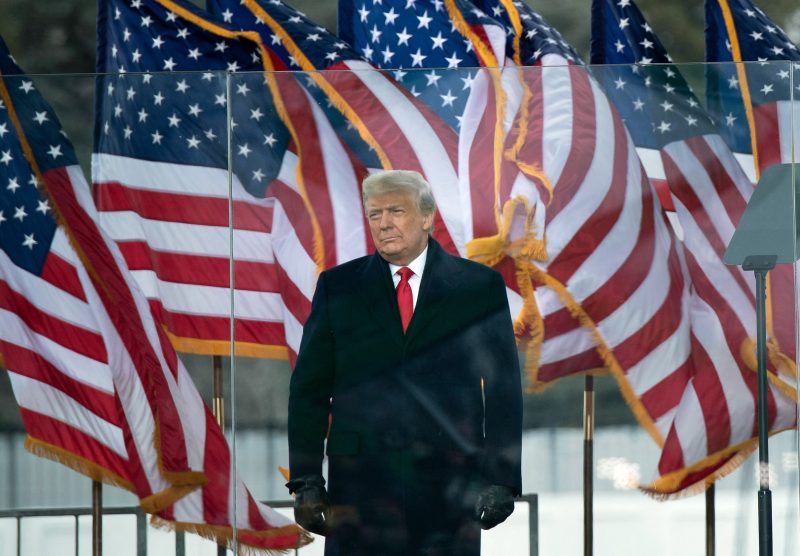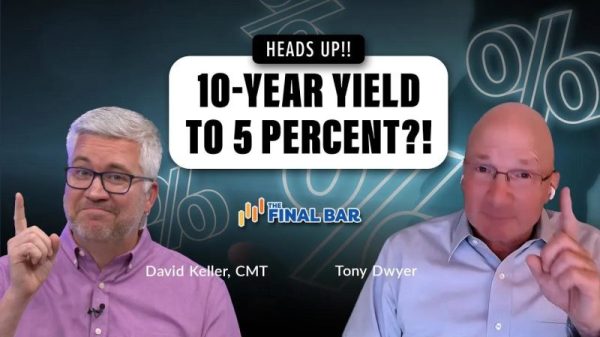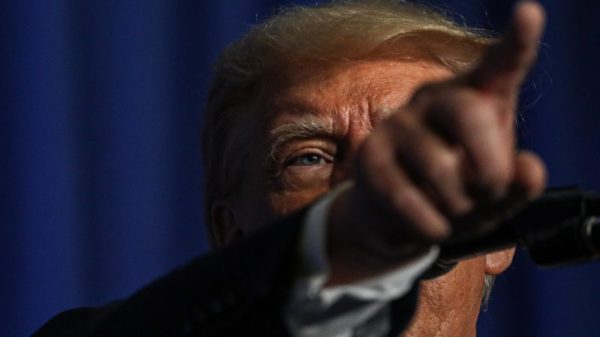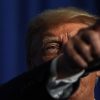The Supreme Court on Friday said it will not fast-track consideration of Donald Trump’s claim that he is immune from prosecution for actions he took as president, a question crucial to whether he can be put on trial for plotting to overturn the results of the 2020 election.
The court’s one-sentence order offered no explanation for turning down special counsel Jack Smith’s request for an expedited review, which he said was needed to keep Trump’s election-obstruction trial on track for early March. The order can be seen as, at least, a limited and temporary win for Trump, who has actively worked to delay the legal proceedings against him as he campaigns again for the Republican presidential nomination.
The issue of presidential immunity will likely return to the Supreme Court, but not before a federal appeals court in Washington reviews a district judge’s ruling earlier this month that flatly rejected Trump’s claims. That court has expedited its proceedings, and will hold arguments on Jan. 9.
It is customary for the Supreme Court not to explain its reasonings for denying a motion for expedited review, which Smith acknowledged was an “extraordinary” request being made in an extraordinary case. There were no noted dissents and no indication that Justice Clarence Thomas had recused himself, despite calls from some congressional Democrats that he do so because of his wife’s involvement in challenging the results of the 2020 election.
Smith had asked the justices to short-circuit the normal appellate process and quickly settle the question of presidential criminal immunity, which the Supreme Court has not previously been called upon to resolve. He said public interest required intervention now, to avoid delaying Trump’s D.C. federal trial.
The scheduled start date is March 4, a day before the Super Tuesday primary contests, in which Trump is the clear GOP front-runner.
“This case involves — for the first time in our Nation’s history — criminal charges against a former President based on his actions while in office,” Smith said in a filing to the Supreme Court. “And not just any actions: alleged acts to perpetuate himself in power by frustrating the constitutionally prescribed process for certifying the lawful winner of an election.”
Trump’s lawyers told the justices that the issue was too important to be rushed, and that Smith, by seeking to hasten the timetable, is doing the bidding of President Biden’s reelection campaign.
Smith “confuses the ‘public interest’ with the manifest partisan interest in ensuring that President Trump will be subjected to a months-long criminal trial at the height of a presidential campaign where he is the leading candidate and the only serious opponent of the current Administration,” Trump lawyer D. John Sauer wrote.
“The combination of an almost three-year wait to bring this case and the Special Counsel’s current demand for extraordinary expedition, supported by the vaguest of justifications, creates a compelling inference of partisan motivation.”
Trump responded to the court’s action in a statement that reiterated his false claims that he — rather than Biden — won three years ago. “Of course I am entitled to Presidential Immunity,” he wrote on his social media site Truth Social. “I was President, it was my right and duty to investigate, and speak on, the rigged and stolen 2020 Presidential Election. Looking forward to the very important arguments on Presidential Immunity in front of the DC Circuit Court of Appeals.”
Smith’s office said he had no comment.
Trump is charged in federal court in D.C. with conspiring to defraud the United States, conspiring to obstruct an official proceeding, obstructing a congressional proceeding and conspiracy against rights — in this case “the right to vote, and to have one’s vote counted.” Each charge relates to Trump’s actions in the aftermath of his loss to Biden, including the riot at the U.S. Capitol on Jan. 6, 2021, which disrupted the counting of the electoral votes.
It is one of four criminal cases Trump is facing. He was indicted in federal court in Florida, accused of mishandling classified documents after leaving office and obstructing government efforts to retrieve the material; in state court in Georgia over efforts to block Biden’s victory there; and in state court in New York, related to falsifying business records in connection to a hush money payment in the 2016 election.
Trump has denied guilt and tried to push his trials beyond Election Day in November.
The Supreme Court is also being called upon to answer other questions impacting Trump’s criminal vulnerability and his political future — putting the justices in position to play a larger role in the coming presidential election than any since their decision in Bush v. Gore sealed President George W. Bush’s 2000 victory.
The justices have announced they will take up a challenge to a law used to charge hundreds of people in connection with the Jan. 6 riot, a charge that is also among those Trump faces in his federal election obstruction case. They will examine an appeals court ruling that says the government may prosecute Jan. 6 riot defendants charged under the law, which makes it a crime to obstruct or impede an official proceeding — in this case, disruption of Congress’s formal certification of Biden’s victory.
A ruling that the charge cannot be used in the context of Jan. 6 prosecutions could impact hundreds of riot defendants, scores of whom have already been sentenced, along with Trump himself.
And Trump’s lawyers say they will soon ask the high court to overturn a decision of the Colorado Supreme Court, which said the former president cannot be placed on the state’s ballot. It was the first time a court has ruled to keep a presidential candidate off the ballot under an 1868 provision of the Constitution that bars insurrectionists from holding office. The ruling comes as courts in other states consider — and in some cases have rejected — similar claims.
Congressional Democrats have called on Thomas to recuse himself in those cases as well, because of his wife Virginia “Ginni” Thomas’s closeness to the Trump White House and her calls for Trump to challenge the results of the 2020 election. Ethics guidelines say justices should recuse when their participation would create a conflict, but also say only the justice can make such a call. Unlike on lower courts, no one may step in to replace a recused justice. And members of the court routinely ignore calls for recusal, viewing them as attempts to stack the deck for a particular outcome.
In the criminal immunity case, U.S. District Judge Tanya S. Chutkan denied Trump’s claim in a ruling in early December. “Whatever immunities a sitting President may enjoy, the United States has only one Chief Executive at a time, and that position does not confer a lifelong ‘get-out-of-jail-free’ pass,” she wrote.
Trump’s appeal of that order will now proceed first in the U.S. Court of Appeals for the D.C. Circuit, with Trump’s briefs due Saturday and a randomly chosen panel already named to hear the case. The judges are Karen LeCraft Henderson, appointed to the court in 1990 by President George H.W. Bush, and two more recent additions chosen by Biden: J. Michelle Childs and Florence Y. Pan.
The special counsel had argued that since only the Supreme Court can definitively answer the question of a chief executive’s immunity for actions taken while in office, the justices should act now.
“Whether a former President of the United States enjoys absolute immunity from criminal prosecution for a conspiracy to overturn an election, and thereby prevent the lawful winner from taking office, is an issue of great constitutional moment,” Smith said in his filing. “This Court’s immediate review of that question is the only way to achieve its timely and definitive resolution.”
While it is relatively rare for the justices to accept a case before an appeals court has reviewed it, Smith noted that the court has done it before in important cases. One such case was another test of presidential power.
In 1974’s U.S. v. Nixon, the court took up and decided within weeks the question of whether President Richard M. Nixon had the right to withhold subpoenaed recordings of conversations in the White House. Nixon resigned in the wake of the unanimous decision that he must turn over the recordings.
Trump’s lawyers, in their arguments about immunity, are relying on a different case involving Nixon. In 1982, the court ruled for the former president in a lawsuit brought by an Air Force analyst who said he was fired for his criticism of cost overruns.
The court ruled 5-4 in Nixon v. Fitzgerald that presidents enjoy some immunity for their actions. “We think it appropriate to recognize absolute presidential immunity from damages liability for acts within the ‘outer perimeter’ of his official responsibility,” the decision states.
Perry Stein contributed to this report.






